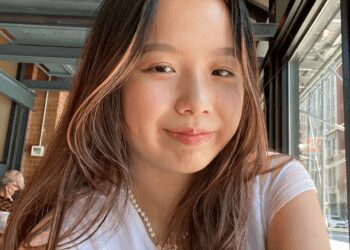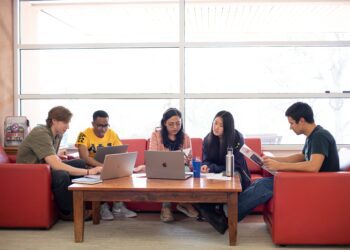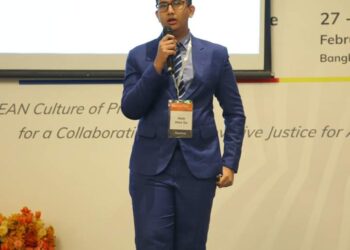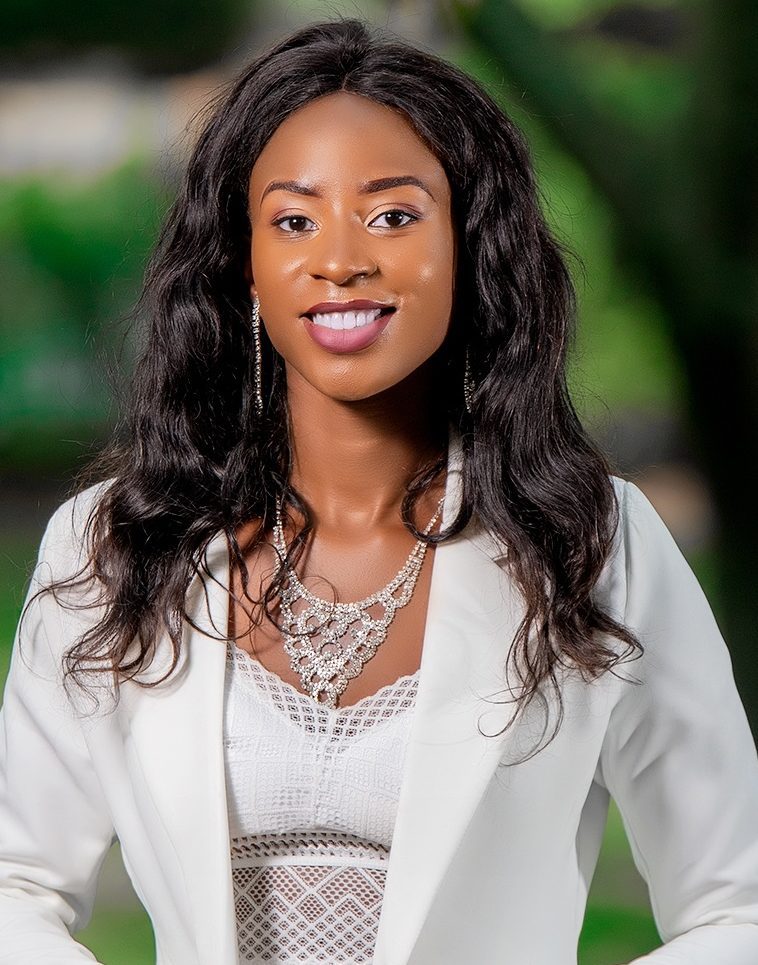
Maria Nabuwembo is 24 years old, living in Kampala, Uganda. She and her team believe that clean water and safely managed sanitation services are essential to the dignity and safety of all people.
“Many people in Kampala’s informal settlements still lack access to safe drinking water and safely managed sanitation facilities,” Maria tells us. “I’ve noticed slow improvement in the slums of Kampala and not much investment in the availability of information.” Her project intends to produce evidence-based information that supports leaders advocating for increased and improved services.
While at university, Maria was introduced to geospatial information and noted its relevance in her own community. “Our project aims to help ease the difficulties and challenges faced by the residents in regards to water supply by collecting the geospatial data of the water and sanitation facilities of three large settlements in the Nakawa division of Kampala.” They plan to use Geographic Information Systems (GIS) to determine areas where new water and sanitation facilities need to be constructed. They will share the results with stakeholders who can then implement these installations.
“My number one goal is to contribute to adequate and equitable provision of water and sanitation facilities in Kampala,” Maria says. “This project will be vital in constructing new water facilities that are well distributed.” In addition to collaborating with community members, and NGOs, Maria is partnering with OpenStreetMap Uganda, which works to promote community mapping, actively pledging open data sets and building a network of enthusiastic mappers across Uganda.
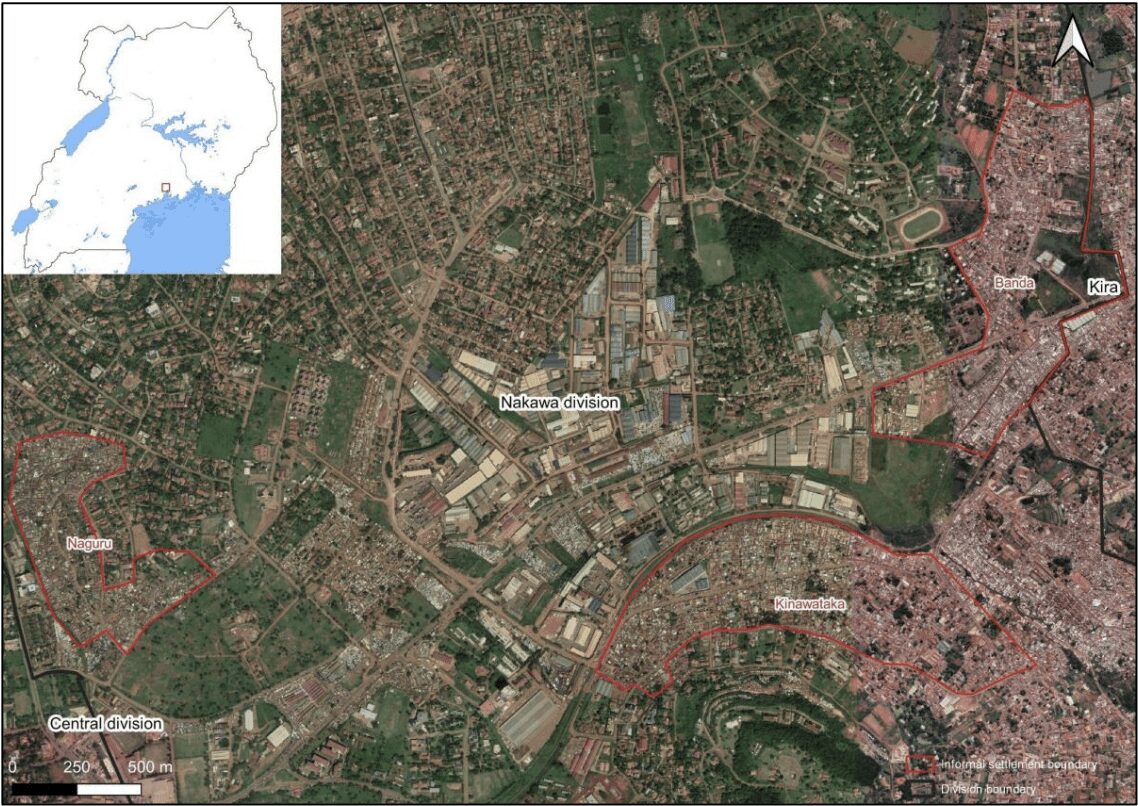
She hopes to attract other donors including the Uganda Water and Sanitation NGO Network. Building strategic social networks with stakeholders, including higher education institutions such as Makerere University and Ndejje University, government, private sector, international partners, and communities will facilitate continuity of activities in the future.
“The CAA was a full learning experience,” Maria said. “This award was very competitive and so we put our best foot forward and were always open to any advice, suggestions and knowledge from our peers and seniors.” When asked what advice she would give to future students applying for the Community Action Award, Maria shared:
“Select your team wisely; get members that have the same energy and passion as you and that see the vision and support it willingly. Make your proposal clear and understandable and study your target jury. I remember telling my team that since we were presenting to a Harvard jury, and they were only choosing a total of nine projects, it was a possibility that they wouldn’t choose any, if the proposals weren’t satisfactory. So we focused, put in a lot of effort and did our best.”

